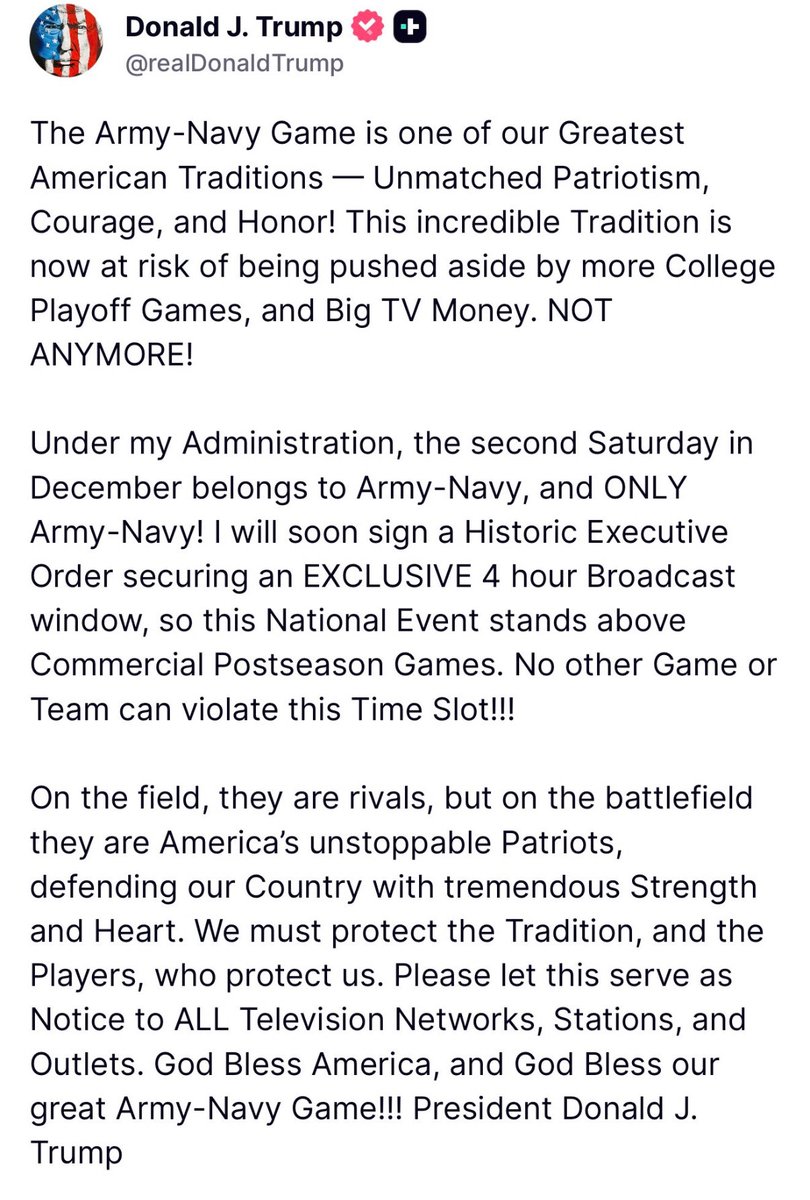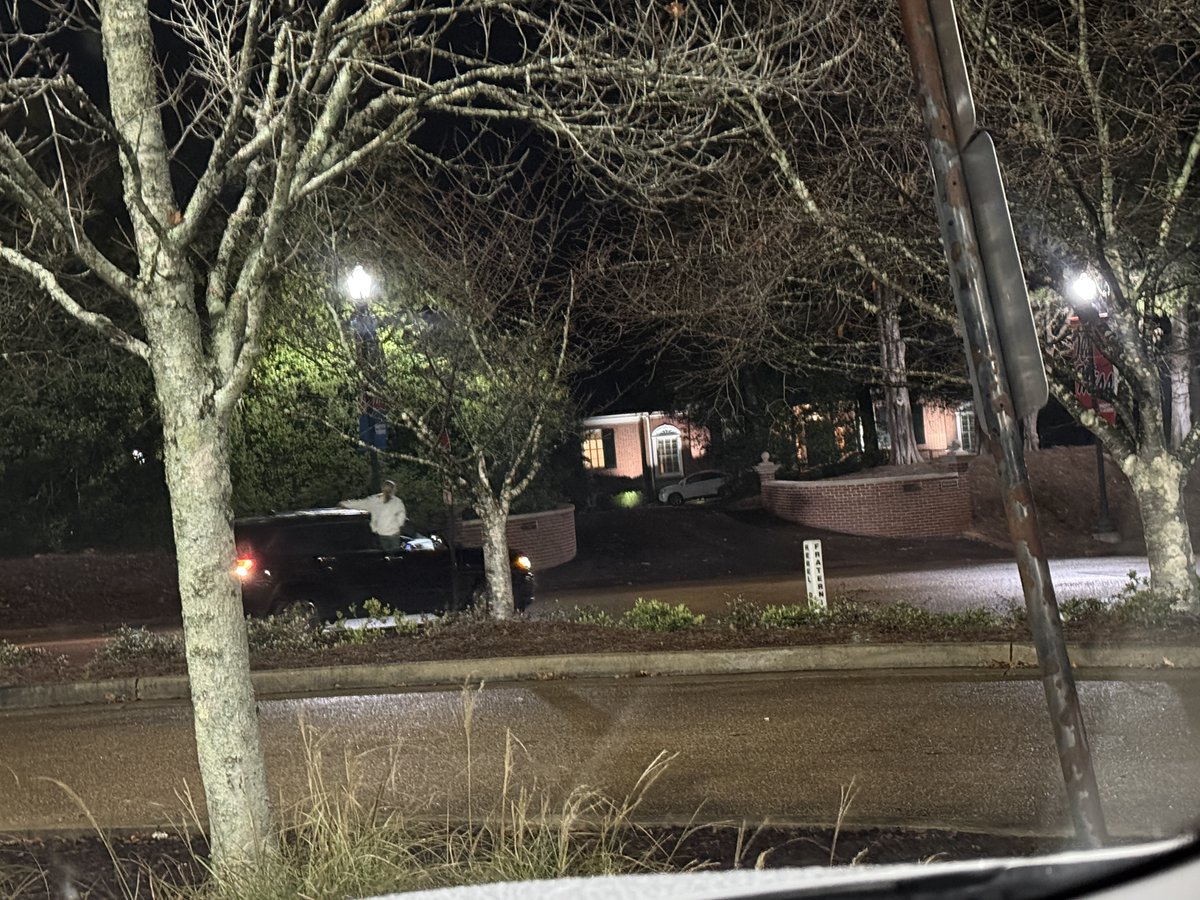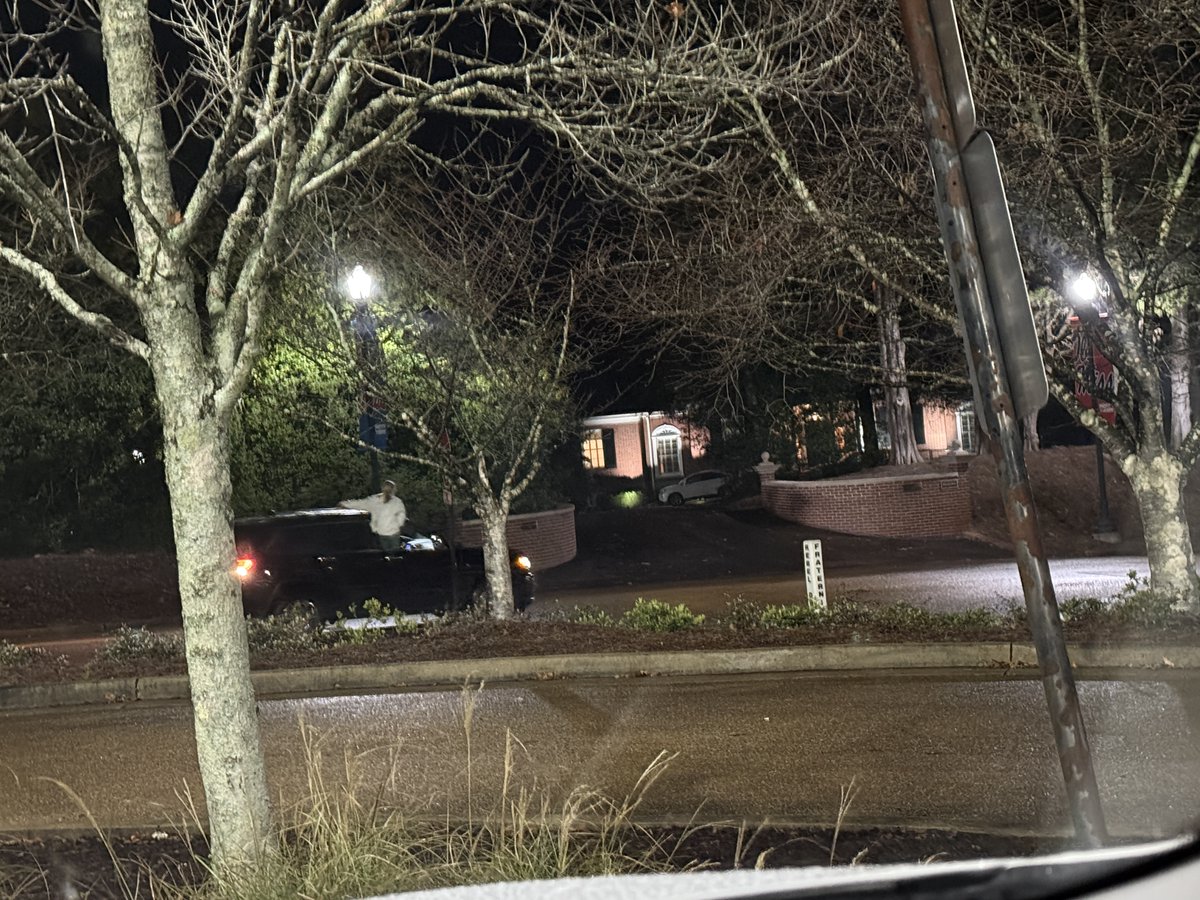NEWS: #LSU is expected to soon announce a new contract for coach Ed Orgeron, as @BruceFeldmanCFB reported.
It’s a six-year deal with a $6M a year base salary and $5M split-dollar life insurance policy, source tells @SInow.
It’s a six-year deal with a $6M a year base salary and $5M split-dollar life insurance policy, source tells @SInow.
@BruceFeldmanCFB @SInow Ed Orgeron used to sack oysters & shovel shrimp for quarters. In 1993, after his firing at Miami, Nicholls paid him so poorly that he didn't have "enough to buy a jar of peanut butter," his old boss says.
With his new salary, he could buy about 2 million jars of peanut butter.
With his new salary, he could buy about 2 million jars of peanut butter.
• • •
Missing some Tweet in this thread? You can try to
force a refresh








